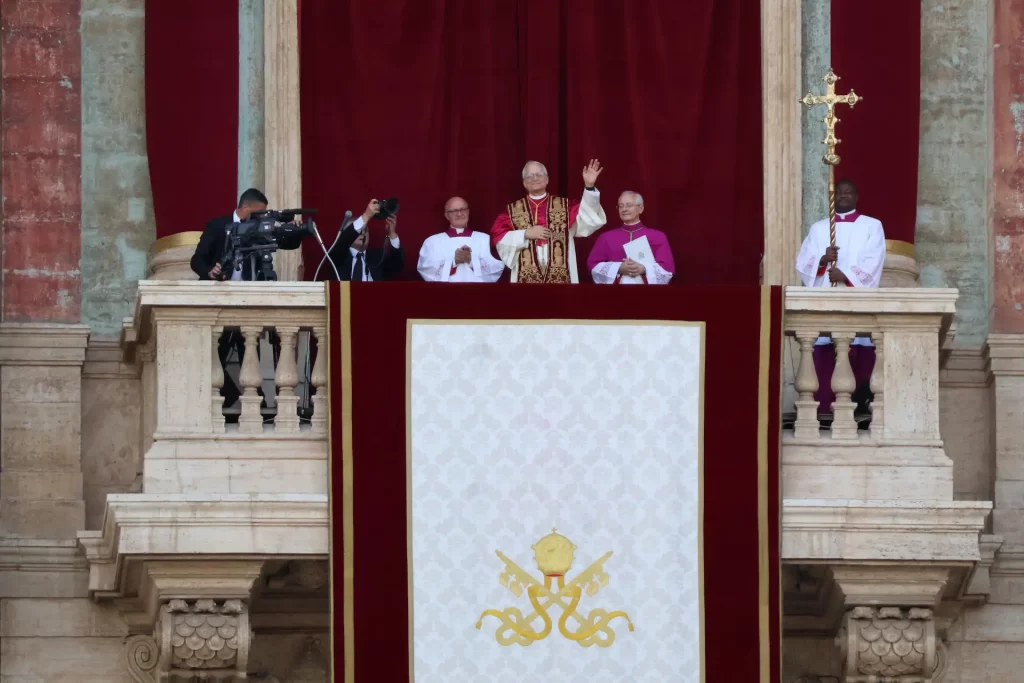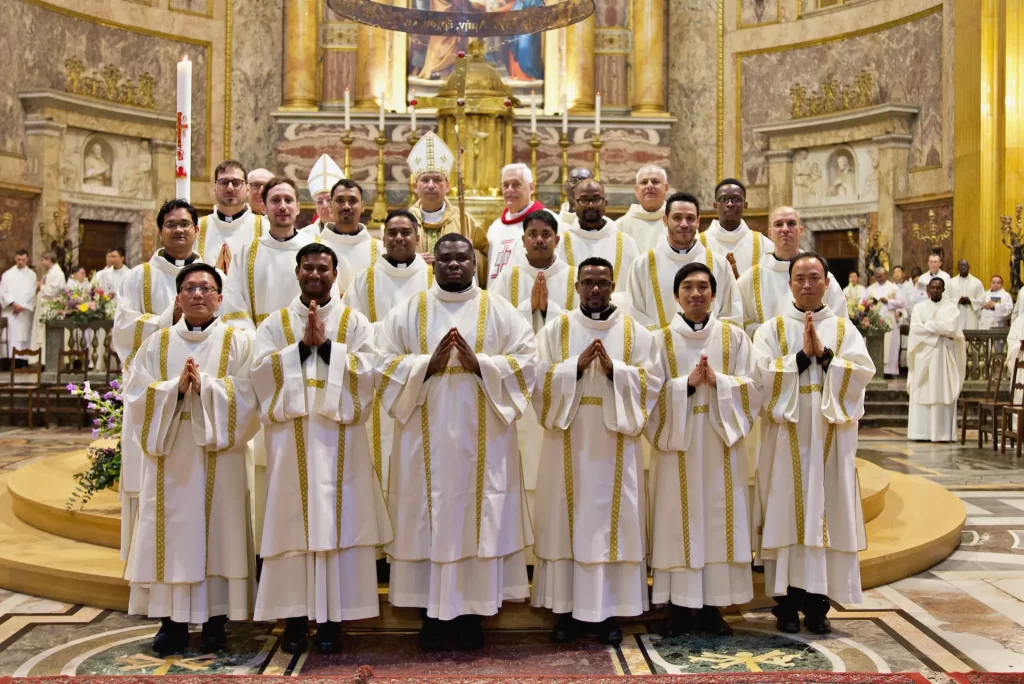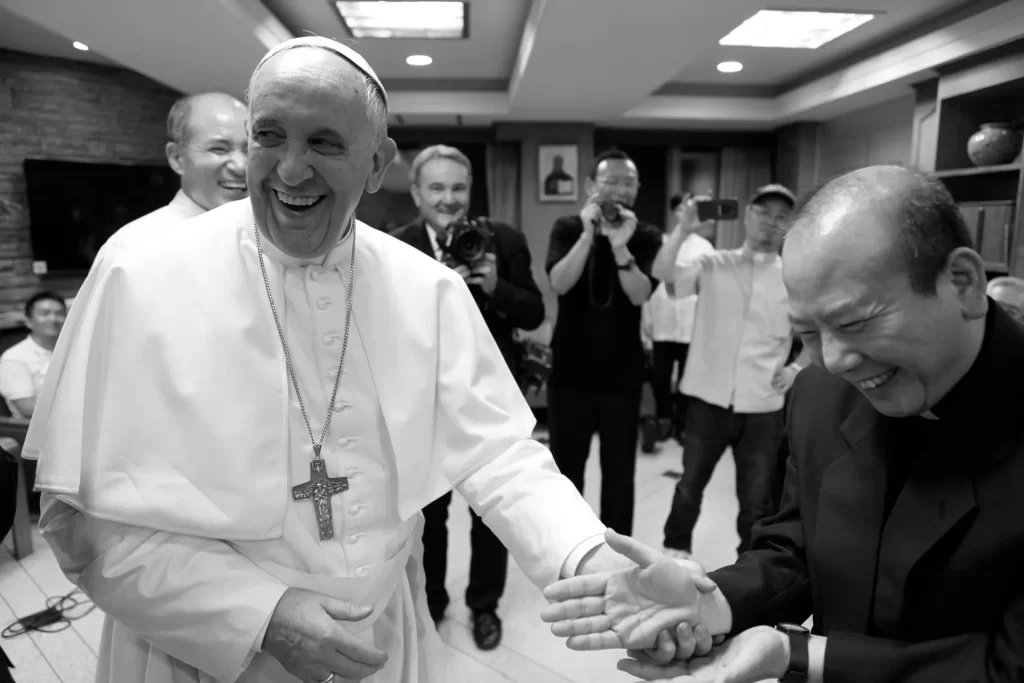Spanish Jesuit missionary Blessed José de Anchieta was declared a saint by Pope Francis on April 3. His canonisation was celebrated with joy in churches in Brazil, where he is known as the Apostle of Brazil.
The new St Anchieta was a highly influential figure in Brazil’s history and one of the founders of the cities of Sao Paulo and Rio de Janeiro. In a Mass to celebrate St Anchieta, Cardinal Orani Tempesta, Metropolitan Archbishop of Rio de Janeiro, said it was “impossible to write about the history of Brazil without mentioning the presence of Jose de Anchieta”.
Born in Spain in 1534 – the year Ignatius and his companions took their first vows – José de Anchieta was admitted to the Society as a novice at the Jesuit College of the University of Coimbra in Portugal in 1551.
He was sent to Brazil in 1553, where – after surviving a shipwreck – he began work with the Tapuia Indians in the region. He was among a group who founded the missionary settlement that became the city of Sao Paolo, and was also there for the founding of Rio de Janeiro.
As a youth, an illness had left him with a curved spine and in constant pain. However, despite his frailty and ill health, he travelled extensively between the various settlements in Brazil in his 44 years in the country. He died in 1597 at the age of 63.
In a letter to mark the canonisation, Fr General Adolfo Nicolás SJ described Anchieta as a “versatile figure who is inspiring and extremely relevant to this day”. He noted the strong contrast between Anchieta’s physical fragility and the vitality that he showed throughout his ministry in Brazil.

Fr Nicolás said the challenges of the Society’s mission today demand the same revitalisation of the body of the Society.
“The spring from which Anchieta drew apostolic vitality was his profound spiritual experience. The solidity of his reputation as a saint and miracle-worker rests on his love, prayer, humility and service,” he said.
He said Anchieta’s spiritual freedom, his availability and capacity to discern and make choices, should also be one of the indispensable characteristics of the Society today.
“The constant travels of Anchieta, almost a way of life, could in our day inspire and animate our search for apostolic mobility in order to respond to the challenges that new frontiers set before us,” he said.
Fr Nicolás said the Society has many reasons to be thankful to Pope Francis for placing Anchieta before the world as an example of sanctity.
“For the Society of Jesus it is an occasion to renew with intensity the search for those horizons which he pursued and which are always new: sensitivity in the face of ethnic diversity and religious, cultural, and social pluralism; the untiring development of a fresh creative freedom and a responsible capacity for improvisation; the constant search for inculturated expressions of the Christian and evangelising experience.”
On April 24, Pope Francis presided at a Thanksgiving Mass in honour of the new St Anchieta at the Church of St Ignatius in Rome. The Pope spoke on the theme of joy, saying that while it can be intimidating, it is a gift of God that ought to be spread.
St Jose de Anchieta, the “Apostle of Brazil”, “found out how to communicate that which he experienced with the Lord,” he said. “He had so much joy, so much happiness that founded a nation. He laid the cultural foundations for a nation, in Jesus Christ.” [Jesuit Curia, Province Express, Catholic News Service]






